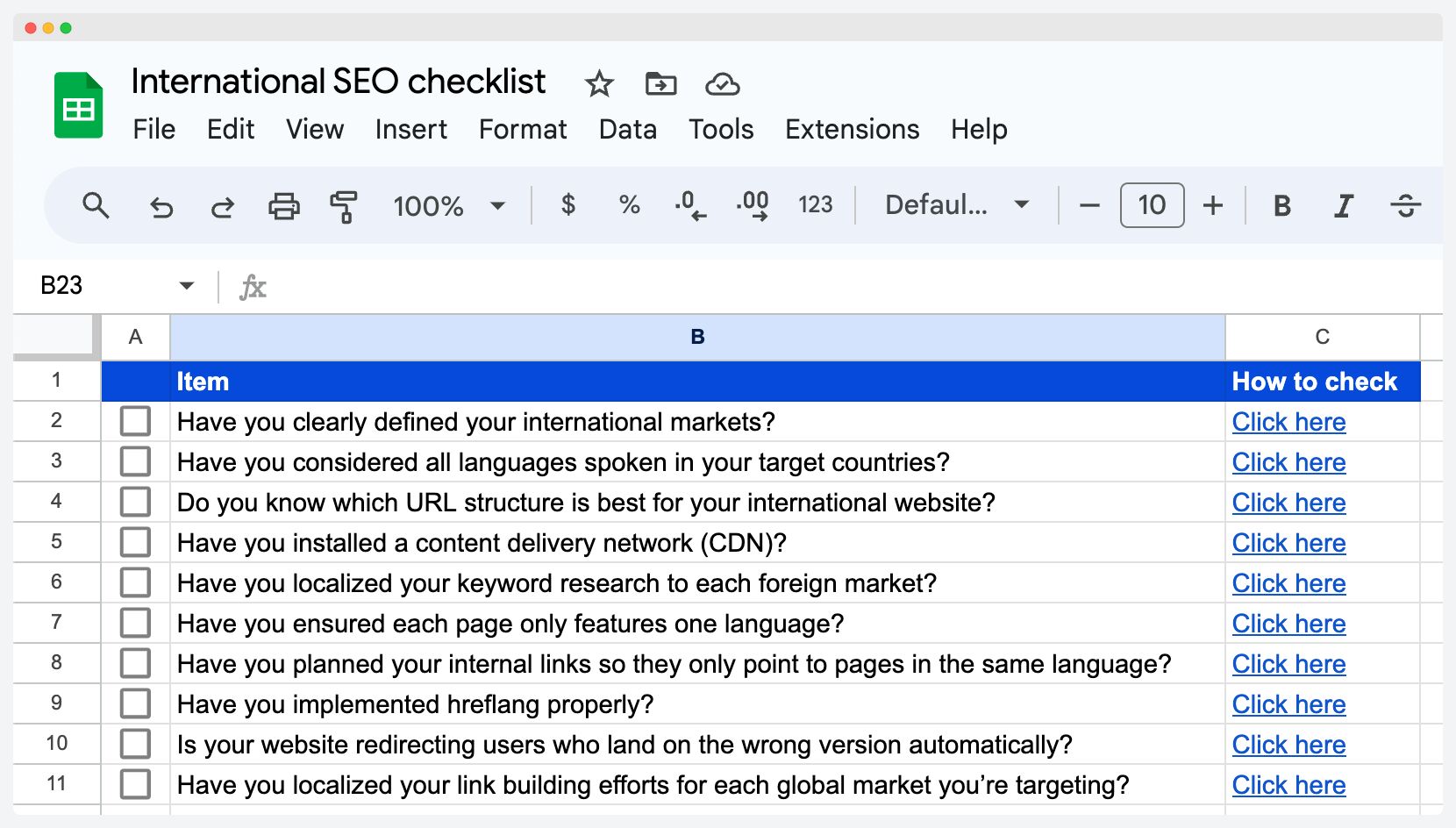Past Boundaries: The Next Frontier of SEO-- International Optimization
Past Boundaries: The Next Frontier of SEO-- International Optimization
Blog Article
Browsing the Digital Landscape: Leveraging International Search Engine Optimization for Cross-Border Success
In today's interconnected digital globe, businesses are increasingly looking beyond borders to tap right into global markets. The complexity of browsing the digital landscape on a global range demands a nuanced approach, from recognizing the fundamentals of International SEO to carrying out geotargeting and multilingual key phrase approaches.
Recognizing International SEO Basics
Navigating the complexities of worldwide search engine optimization requires a strong understanding of basic principles to successfully broaden online exposure across boundaries. One critical facet of worldwide SEO is understanding the importance of localization. This includes tailoring website content to match the linguistic, cultural, and industrial distinctions of target audience. Keywords need to be not only translated however additionally adjusted to show how individuals in various areas look for information.
In addition, having a clear understanding of geo-targeting is essential. This includes showing to search engines the certain nations or regions a web site is targeting. Implementing hreflang tags is one method to connect this information, guaranteeing that the right version of a web page appears in the search results page for a user in a certain location.
Moreover, understanding the influence of local search engines and social media platforms is essential for worldwide SEO success. While Google is leading in lots of areas, nations like China have their own search engines like Baidu, requiring tailored techniques for each system to make best use of on the internet presence (International SEO).

Targeting Multilingual Keyword Phrase Approaches
Developing multilingual search phrase approaches is necessary for successfully getting to diverse international audiences and making best use of on the internet presence across different linguistic regions. When targeting multilingual search phrase approaches, it is important to conduct comprehensive study to comprehend the particular search terms and expressions used by the target market in each etymological area. This includes not just converting search phrases but also thinking about social subtleties, regional languages, and search fads one-of-a-kind per target market.
To develop a successful multilingual search phrase strategy, it is very important to prioritize significance and search intent. Keywords should line up with the web content on the site and reverberate with the cultural context of the target audience. Using devices such as Google Search Phrase Organizer, SEMrush, or Ahrefs can help determine high-performing key phrases in different languages and assess their search volume and competitors degree.
Additionally, tracking and assessing the performance of multilingual search phrases routinely is crucial for enhancing and refining the technique with time. By continuously adapting to adjustments in search behavior and patterns, organizations can enhance their on the internet visibility and draw in more global web traffic to their internet sites.
Implementing Geotargeting and Hreflang Tags
When intending to enhance worldwide search engine optimization approaches, integrating geotargeting and hreflang tags is vital for optimizing web site presence throughout various areas. Geotargeting includes customizing content to details places, Continued guaranteeing that customers in various locations obtain pertinent info. By executing geotargeting, services can boost their neighborhood search rankings and bring in region-specific web traffic.

Optimizing Website Framework for Global Presence
To better improve global SEO strategies beyond geotargeting and hreflang tags, optimizing the internet site framework is critical for achieving worldwide exposure and taking full advantage of reach throughout different areas. A well-structured site not just improves customer experience yet likewise facilitates search engine crawlers in recognizing the content and context of the site. When aiming for international visibility, it is critical to make certain that the website is arranged in a rational manner that satisfies customers from various countries. Implementing a clear pecking order with distinct classifications and subcategories can assist in improving the website's navigating and user-friendliness.
Furthermore, creating language-specific subdirectories or subdomains can assist internet search engine provide the appropriate variation of the web site to users based upon their language preferences, additionally improving the overall individual experience. In addition, maximizing link frameworks to include pertinent key words and geotargeted terms can boost the site's presence in various regions. By structuring the internet site efficiently for global target markets, businesses can raise their possibilities of bring right here in worldwide web traffic and increasing their reach across boundaries.

Tracking and Evaluating Cross-Border Efficiency
Effective tracking and analyzing of cross-border performance is essential for evaluating the success of worldwide SEO strategies and identifying chances for renovation in global reach and visibility. By carefully tracking essential efficiency indicators (KPIs) throughout various markets, businesses can gain beneficial understandings right into the effectiveness of their cross-border search engine optimization initiatives. Keeping an eye on metrics such as organic website traffic, keyword positions, conversion prices, and bounce rates can offer a thorough view of just how well a web site is doing in different regions.
Examining cross-border efficiency data allows businesses to determine patterns, patterns, and areas for optimization. By comparing performance throughout various countries, areas, or languages, companies can pinpoint effective techniques and center content to better cater to specific target audiences. Additionally, checking cross-border performance makes it possible for services to remain active and responsive in the ever-evolving electronic landscape. Routine analysis of SEO efficiency on a global range ensures that companies can adjust their techniques swiftly to take advantage of on emerging possibilities and keep a competitive side in worldwide markets.
Final Thought
To conclude, global SEO plays an essential function in accomplishing cross-border success by optimizing web sites for global exposure, targeting multilingual keyword phrase approaches, applying geotargeting and hreflang tags, and monitoring cross-border efficiency. By understanding the fundamentals of global search engine optimization and maximizing web site frameworks accordingly, services can properly reach and engage with their target audiences across different areas and languages. This tactical technique is vital for expanding market reach and driving on the internet growth in today's electronic landscape.
Report this page